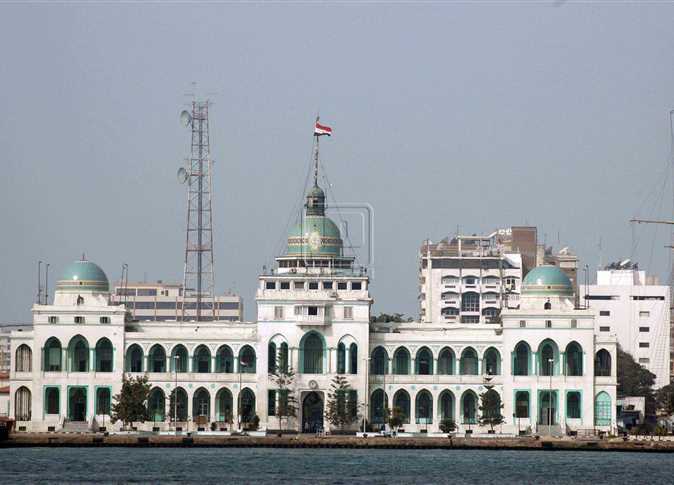
Hundreds of Armenian Egyptians have commemorated the 100th anniversary of the Armenian genocide, perpetrated by the Ottoman government on the territory of the present-day Republic of Turkey. The total number of people killed in the massacres, which began in April 2015, has been estimated at between 1 and 1.5 million.
The Armenian community prepared an exhibition, held at the Armenian Houssaper Club in Cairo, which included items brought to Egypt by their ancestors, as they fled from the massacres. The exhibition was divided into four sections, depicting the regions most affected by the massacres, namely Urfa, Gaziantep, Van and Kayseri.
“We thank Egypt for sheltering our ancestors,” says Garin Garibian adding that the Armenian community still waits for Turkey to recognize the genocide, "a massacre of a million and a half Armenians since 1915.”
“The European Union's recognition of the Armenian genocide is major step,” she added.
Nanoor Sohrabian recounts how Ottoman soldiers tortured and killed her ancestors. “They raped the women, as they were trying to escape,” she said. “We will never forget that al-Azhar issued a fatwa 100 years ago, prohibiting those acts, because they violate Islam.”
“What Turkey did was no different than what ISIS is doing now in the name of religion,” she said, urging Egypt to recognize the genocide.
Armin Mazloumian, the supervisor of the committee commemorating the genocide, said there are nearly 8,000 Armenians currently living in Egypt. The community had as many as 60,000 members in the 1950s, but a large number of Armenians have since emigrated to other countries.
“After the migration, we have formed the Armenian Diaspora in America, Australia and the Arab countries,” she explained. “Armenians worldwide have their own schools and churches.”
Mohamed Refaat Imam, head of the History Department of of Damanhur University, said the first massacres began in 1894 and lasted until 1896, claiming the lives of 300,000 Armenians. The second wave of killings took place in April 1909 in Adana under the Union and Progress Committee, when 30,000 Armenians were killed, whereas the third phase occurred during World War I, when a million and a half Armenians died.
He said Turkey continues to refuse to recognize the massacres. “The EU recognition of the genocide means Turkey is not accepted in Europe,” he said. “However, I do not expect international sanctions, as United States has strong ties with Turkey and seeks an alliance with Saudi Arabia and Iran.”
Edited translation from Al-Masry Al-Youm

